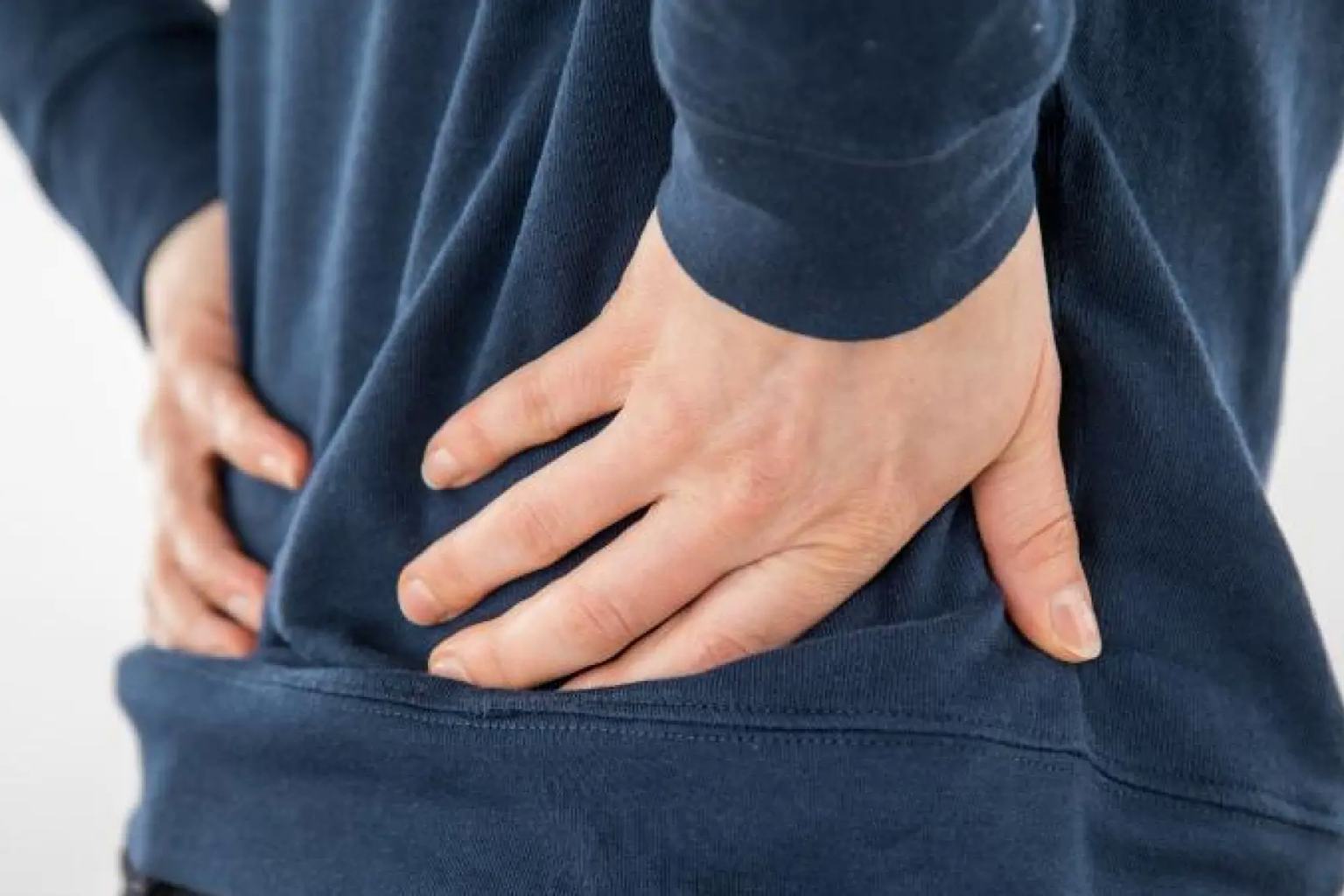Muscle pain can strike suddenly and in all the wrong places, leaving you wondering what your body might be missing. Could a vitamin deficiency be the culprit behind those nagging aches? Let’s unpack the surprising role of vitamins in muscle health and how to keep your body feeling strong and pain-free.
Understanding muscle pain and why vitamin deficiency matters
Muscle pain, medically known as myalgia, can feel like sharp, burning, cramping, or dull aches in various spots, often around the back, shoulders, and neck. Sometimes these pains come and go, but other times they linger and become chronic. While muscle soreness from everyday strain or minor injury is common, persistent discomfort could hint at more complex issues including nutritional gaps.
Among these nutritional suspects, deficiencies in magnesium, calcium, and vitamin D stand out as critical players. Magnesium doesn’t just relax muscles; it’s vital for nerve function and heart health. Without enough magnesium, you might see a decline in bone health or even face osteoporosis later on. Calcium also supports nerve communication and muscle movement, making its absence a possible cause of muscle stiffness alongside skin dryness and joint troubles.
Most notably, vitamin D, often called the “sunshine vitamin,” is essential for muscle strength, bone integrity, and a robust immune system. Deficiency in this vitamin has a ripple effect on muscle pain and overall health, especially as many get less sunlight during the colder, darker months.
How to ensure enough vitamin D for muscle and bone health
Getting enough sun exposure is one of the simplest ways to boost your vitamin D levels. Experts generally recommend spending about 5 to 25 minutes outdoors daily, letting UV rays work their magic on your skin. But this guideline depends on many factors including your skin tone, time of year, weather, and even how much clothing or sunscreen you wear.
For those living in northern regions, like much of the U.S. and Europe, the sun’s strength from late fall to early spring just isn’t enough for vitamin D synthesis. Luckily, your body can store vitamin D made during sunnier months, but this reserve needs to be topped off regularly through diet or supplements.
Few foods naturally contain significant amounts of vitamin D. Fatty fish such as salmon or mackerel, egg yolks, certain mushrooms, and organ meats are your best bets. Fortified foods and vitamin D supplements can also help fill the gap, but beware of taking high doses without medical advice. Overconsumption of supplements can cause unpleasant symptoms like nausea, stomach cramps, or even kidney problems since the body stores vitamin D rather than quickly shedding the excess.
Who is most at risk of vitamin D deficiency and muscle pain?
Certain groups of people are particularly vulnerable when it comes to vitamin D deficiency. Older adults often produce less vitamin D naturally through their skin and tend to eat less vitamin D-rich foods. People who spend most of their time indoors—whether due to chronic illnesses, mobility issues, or caregiving needs—may also struggle to get enough sunlight.
Babies are another sensitive group because their skin is usually protected from direct sun exposure to prevent damage. Cultural or religious clothing that covers most of the skin and individuals with darker skin tones can also face challenges, as more pigment limits the skin’s ability to synthesize vitamin D.
Additionally, individuals dealing with chronic gastrointestinal, liver, or kidney conditions — especially if they are on medications affecting vitamin D metabolism — should be especially mindful.
Reflecting on my own experience, an unexpected muscle ache made me realize I was spending far too many days locked inside working and underestimating the power of sunshine. Once I started making a point to spend brief times outside daily and added fatty fish to my meals more regularly, the muscle discomfort began to ease. It confirmed a vital lesson — sometimes, the body’s signals aren’t just about immediate injuries, but about what it silently needs to thrive.
Are you struggling with unexplained muscle pain? Have you checked if you’re getting enough vitamin D or other key nutrients? Share your thoughts or experiences below. How do you make sure your body gets its daily boost of sunshine? Let’s start a conversation that could brighten someone’s day—and their health.

Like to get more info on vitamens
Best Vitamin for back neck and sciatica pain.